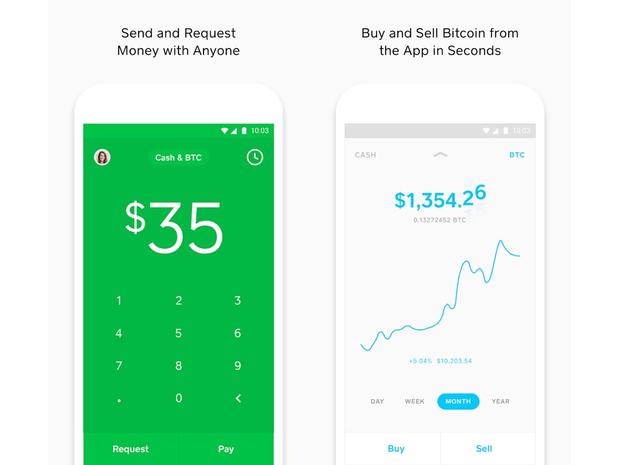Any user will now be able to quickly find and read an app's privacy policy, which Apple says must include information on how data is retained.
Concerns about privacy continue to dominate discussions around technology and its effect on everyday life. Just this week, Intel released the results of a survey that found that average consumers are just as excited as they are scared of what the future holds for how humans interact with the latest technological advances.
Apple -- in a move many believe stems from the EU's new, stringent GDPR law that came into effect earlier this year -- will now require that all apps in its App Store create a specific landing page for their privacy policy so users can easily access it. The rules come into effect on October 3.
The company has always required this for apps that need subscriptions. But now, every app that wants a spot in the app store will have to add code to their platforms to facilitate the changes Apple wants.
"All apps must include a link to their privacy policy in the App Store Connect metadata field and within the app in an easily accessible manner," they wrote in the announcement. Their statement goes on to say that every app privacy policy must identify "what data, if any, the app/service collects, how it collects that data, and all uses of that data."
They are also now required to take responsibility for the actions of any third-party functions that are built into the apps and certify that they too are following the app's privacy policy.
Data retention was a particular focus of the announcement as many of the country's biggest app platforms continue to grapple with the adoption of the EU's thorough GDPR and the Cambridge Analytica scandal, which continues to roil Facebook and worry users who question whether Facebook's admittedly abusive data collection practices have truly stopped.
Apple says all apps have to "confirm that any third party with whom an app shares user data (in compliance with these Guidelines) -- such as analytics tools, advertising networks and third party SDKs, as well as any parent, subsidiary or other related entities that will have access to user data -- will provide the same or equal protection of user data as stated in the app's privacy policy and required by these Guidelines."
Apple's new rules demand that apps allow users to revoke their consent and provide options for people to have any information of theirs deleted.
Any apps lacking a privacy policy page or access to information deletion features will not be deleted from the App Store by Apple, but any updates from October 3 on must have it.
The move was announced in the News section of Apple's App Store Connect platform.
*this article was featured on Download.com on August 31, 2018: https://download.cnet.com/blog/download-blog/apple-double-downs-on-privacy-by-requiring-all-third-party-apps-to-publish-data-policies/




